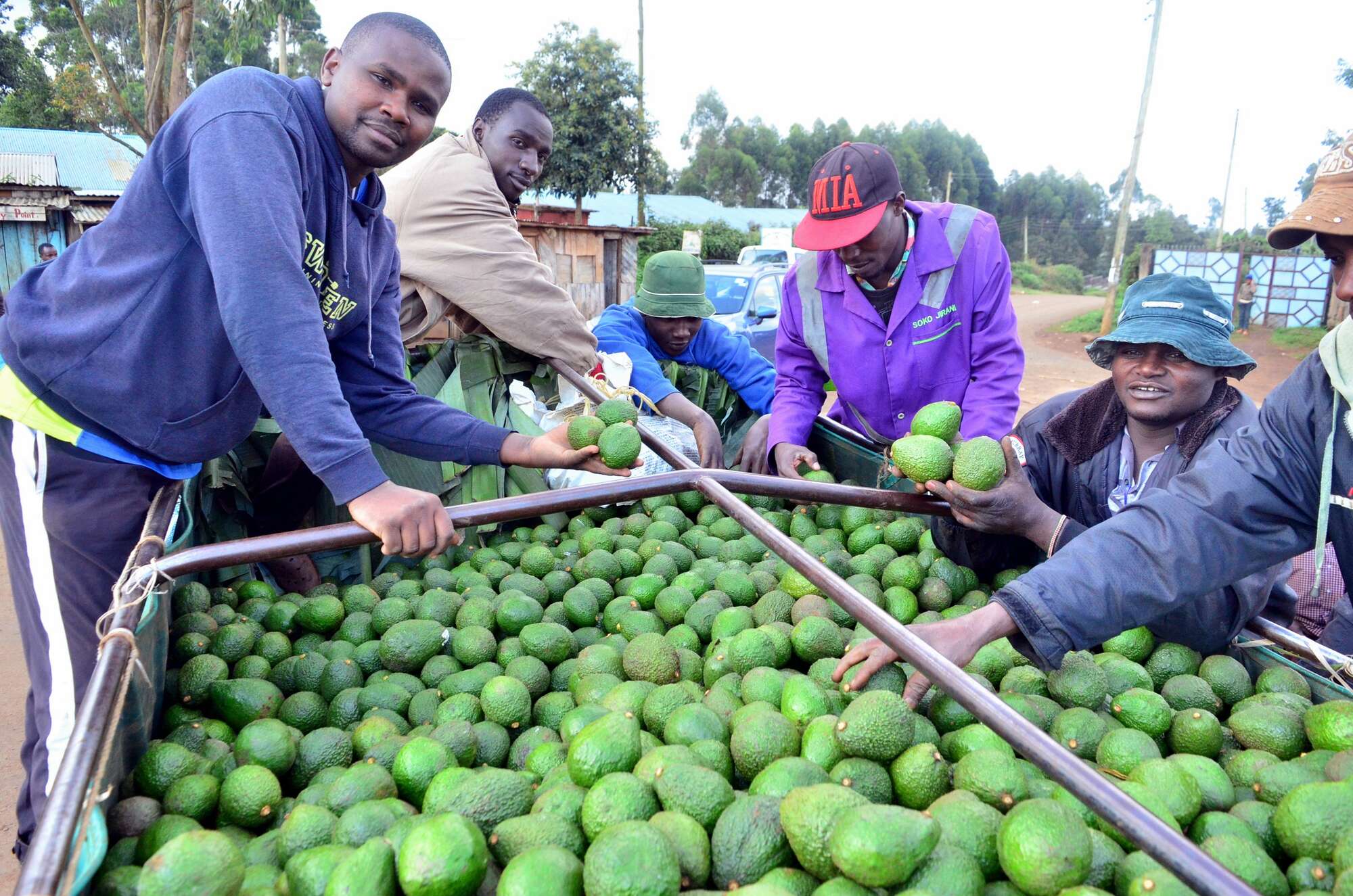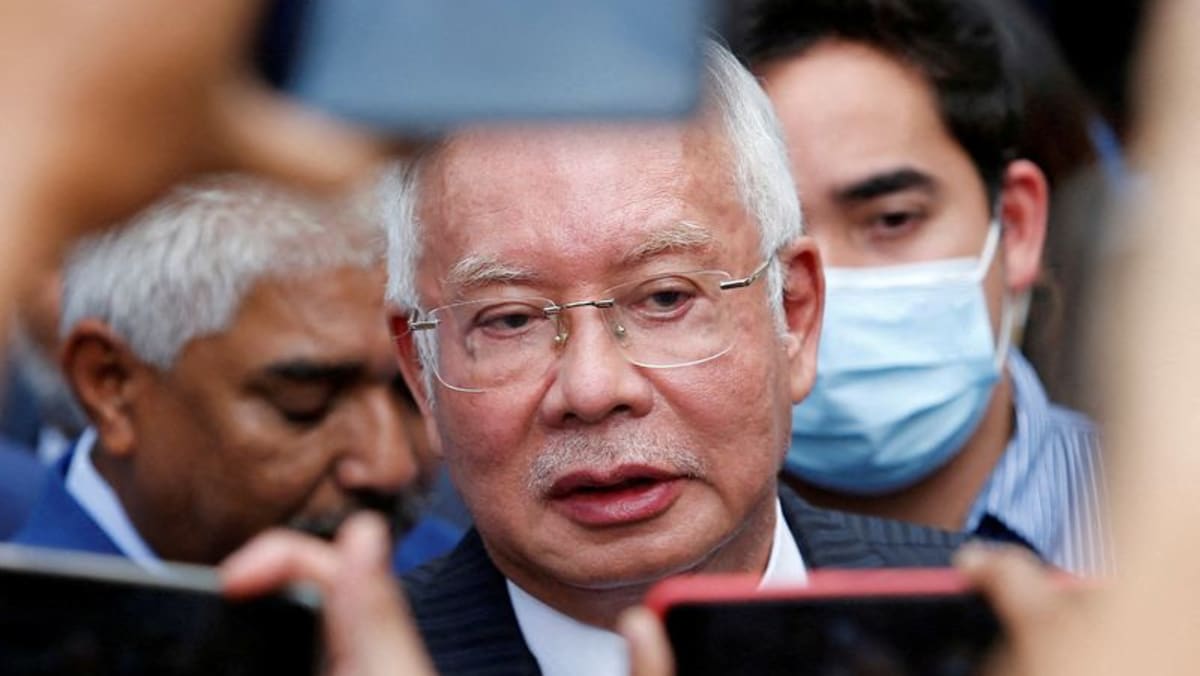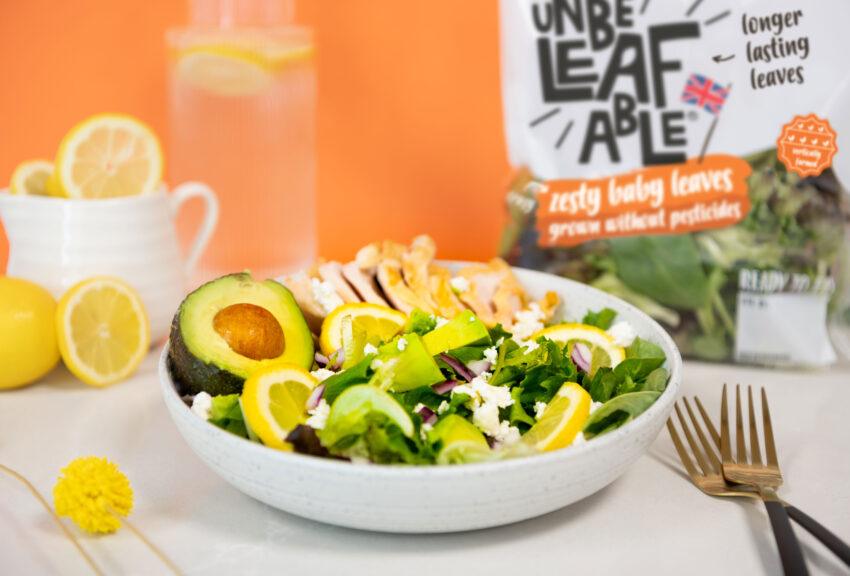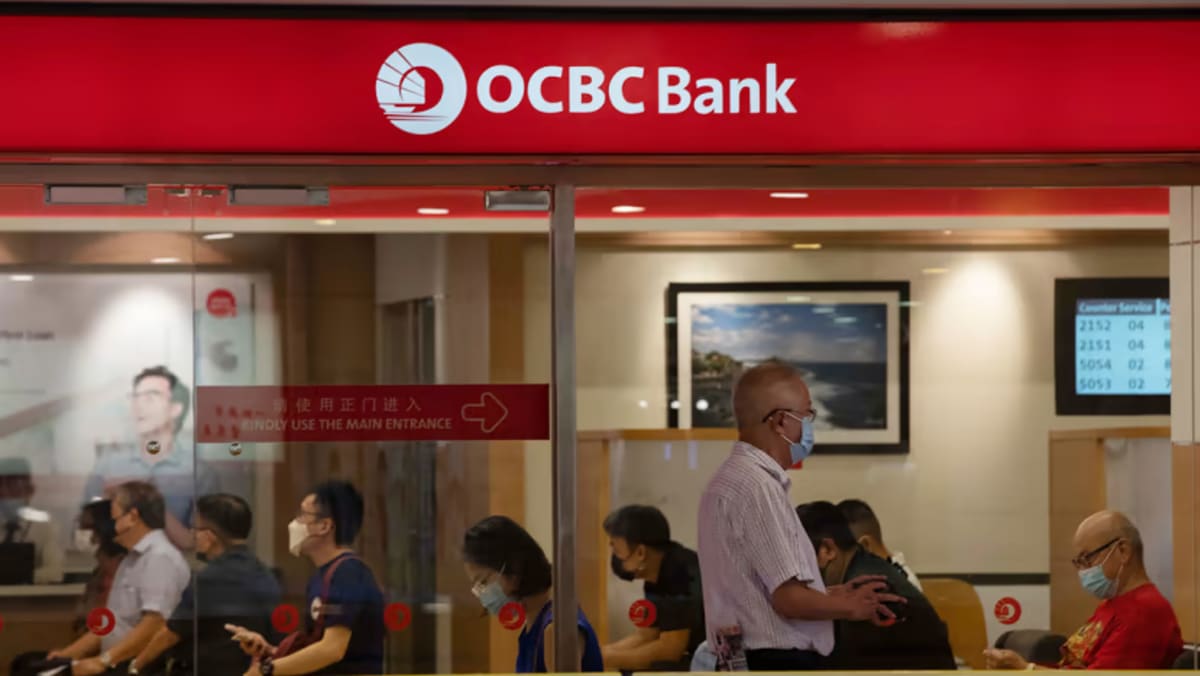Columnists
Rethink Kenya’s overreliance on Europe for horticultural exports
Wednesday January 31 2024
Farmers sort through some avocados loaded onto a pickup. FILE PHOTO | FRANCIS NDERITU | NMG
How often do we see tactics presented as strategy, and strategy as ‘continuing to do what we are doing’? Yet it’s a national formula that divides developing countries that don’t move to wealth from those that do.
Thus, we have watched China execute repeated and parallel long-term strategies to become the owner of the world’s rare earth mines (essential to modern electronics), the maker of more than 90 percent of the world’s toys, the dominant producer in multiple agricultural markets, and the world’s second-largest economy.
Yet, look at our own strategy for change: 30 years ago, we decided that in addition to tea, coffee, and some other leading agricultural crops (mostly now laid waste), our strategic future lay in tourism and horticulture.
But the whole point about thinking strategically is that the world doesn’t stay the same — which is why strategic reviews examine all the big trends underway, and what they mean.
Without even beginning to tackle full PESTLE and SWOT analyses for Kenya, it’s clear we are now trying to fight the tide of world trends.
Take horticulture. Almost all our exports are to Europe, which is our (increasingly aggressive) horticultural competitor as well as our market, with its own biggest export promotion spend now on fruit and vegetables.
Loud campaigns
That change is because it’s having an agricultural crisis. European farmers, this week, besieged Paris, following stagnant and declining agricultural output since 2014.
The problem is the EU’s environmental policies, led by unscientific but loud campaigns into banning pest control regardless of risk assessments, insisting agricultural land be set aside unused, and more.
As its farmers now turn to anti-foreign, nationalist political parties to reverse the more ludicrous of these policies, politicians who could now get ousted over agriculture are under increasing pressure to curb agricultural imports, and definitely imports not facing the same costly policies.
It is no coincidence, then, the double bind of the EU declaring most of Kenya’s agricultural pests as quarantine pests (stopping imports), while also pressuring us to remove the pest control that stops those pests. Politically, our fresh produce is not a bonus for Europe on any front.
Add to that the carbon created by transporting it, refrigerated, across continents, and the consumer, retailer, and government moves to end that, and our future as a long-distance provider of veg is poor.
So let’s now talk about strategy.
What are the real opportunities for our future wealth that don’t rest on selling, as we were, to a market that doesn’t want our goods, but can generate a wealthy future out of the sun and space we have so much of, in our new reality of carbon counting?
The writer is a development communication specialist.
#Rethink #Kenyas #overreliance #Europe #horticultural #exports







